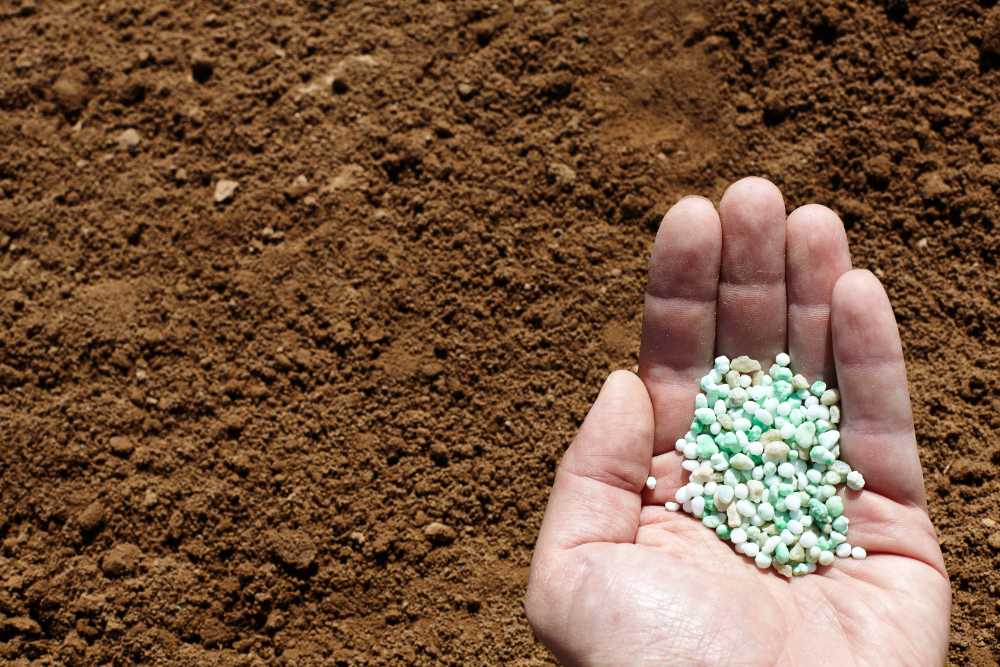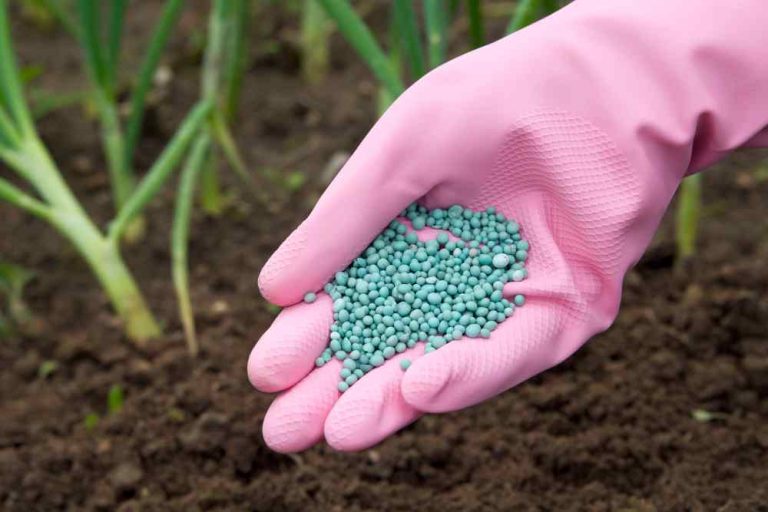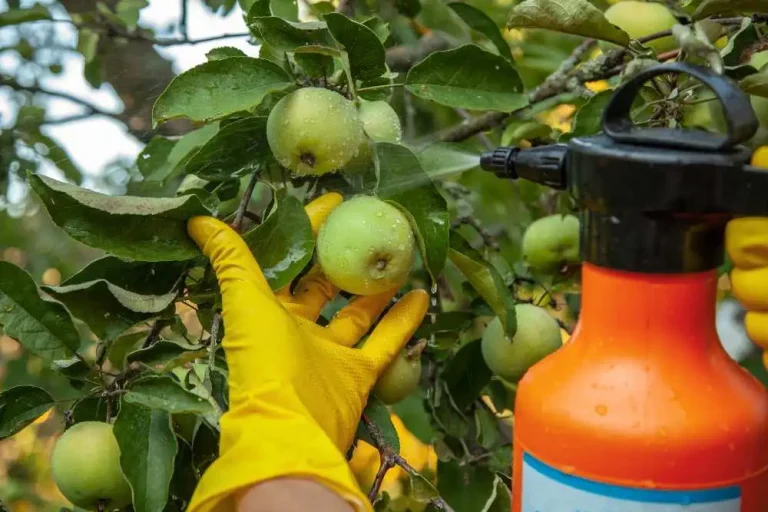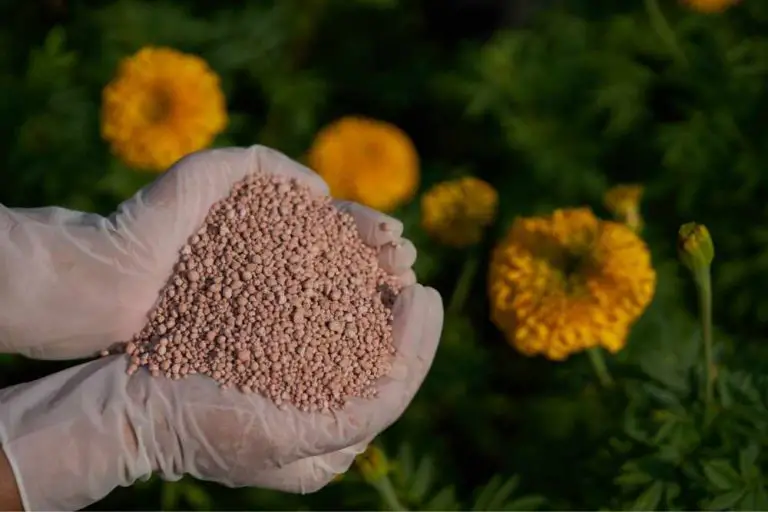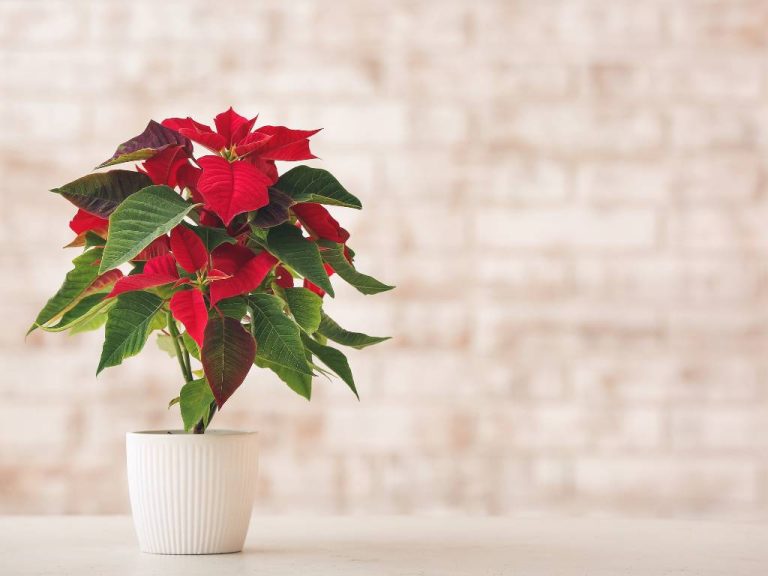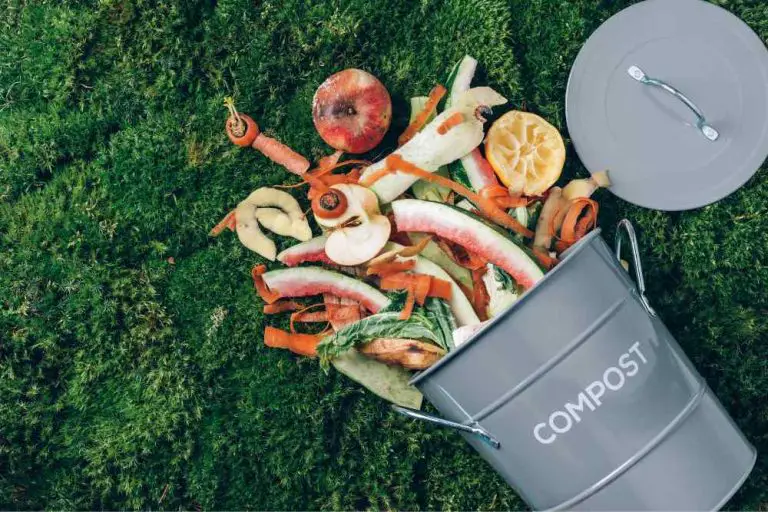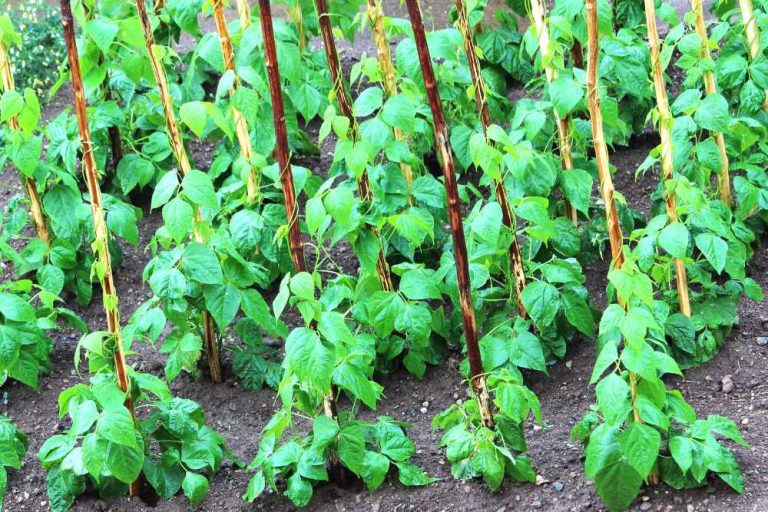10 Best Fertilizer for Squash: Thriving and Abundant Harvests
Do you want to cultivate squash in your backyard? Perhaps you’ve already grown it and are looking for the best fertilizer for squash. Squash is a tasty and healthful food, therefore you chose the perfect choice. Squash is an American native that is grown all over the world.
Although there are many different kinds of squash, they are typically split into two groups: the vining, hard-skinned winter types, including corn, banana, gourd, and pumpkin, and the soft-skinned summer squashes, like crookneck, scallop, and zucchini.
Squash plants grow quite quickly, but they need warm weather and moist, rich soil to bear fruit. The squash plants are encouraged to continue producing fruit throughout the growing season with the addition of fertilizer, which will enhance and replace the soil’s nutrients. Now we are going to assist you in selecting the best fertilizer for squash.
Which Fertilizer Is Ideal For Squash?
N-P-K Fertilizer Ratio
Fertilizing squash with an equal amount of nitrogen, phosphate, and potassium promotes the fastest growth. The weight percentages of nitrogen, phosphorous, and potassium in this organic 4-4-4 fertilizer are 4% each. This provides squash plants with a well-balanced nutrient profile that will aid them during every stage of development.
For the healthiest, most natural squash yield, we advise using organic fertilizer rather than inorganic fertilizer. For squash, a balanced fertilizer like 4-4-4 works well. Nitrogen at 4% promotes the growth of leaves and stalks. Phosphorus at 4% promotes flower, fruit, and root development. Squash plants benefit from 4% potassium.
Nitrogen is crucial for good vine and foliage growth in squash. This enables your squash to absorb sunshine and strengthen itself further. The second component, phosphorus, encourages squash flowering and fruit development. Additionally, it helps squash produce strong roots. The third fertilizer component, potassium, is in charge of assisting your squash in fighting off pests and diseases and ensuring it survives till harvest.
Organic Vs Synthetic Fertilizers
It is just a matter of preference and end-result expectations whether to use organic or synthetic fertilizer. You can select a reliable fertilizer for your crops if you have a basic knowledge of the differences. Manures and composted materials are often used in organics that are plant- or animal-based. Minerals and synthetic chemicals are used to mass-produce inorganics.
However, organic feeds can feed your squash and melons for extended periods of time while typically having lower nutrient levels. This method can also benefit the surrounding soil. Inorganic feeds can produce larger fruits and vegetables as well as a higher yield. Synthetic fertilizer might also contaminate surrounding water sources.
Granular Vs Liquid Fertilizers
When choosing a liquid, make sure it is sufficiently adaptable to be used when watering the rest of your fruits and veggies. Liquid fertilizers will help you save time and water. In order to allow for fast uptake, nutrients are immediately transported to the root system through the soil. For people who reside in northern regions with shorter growing seasons, this strategy is very advantageous. The pH levels of the soil are also regularly balanced by liquid feeds. Overfeeding could result in root burn, so it is advised to proceed with caution.
Granules are a good slow-release option. They are highly concentrated and give nutrients on a constant basis for several months. There is no need to water plants in locations with heavy rainfall, and they are less likely to leach into neighboring surfaces or groundwater.
1. Miracle-Gro Nature’s Care
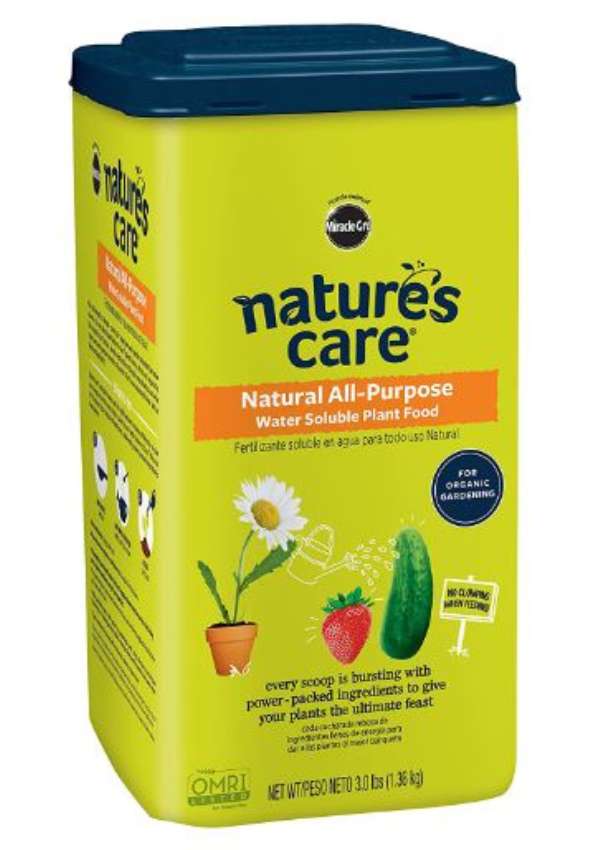
Miracle-Gro Nature’s Care fertilizer is an excellent calcium-rich fertilizer that will ensure a high output from your squash crops. Because it is an all-natural, organic fertilizer, it is a good choice whether you have children or pets, and it is also beneficial for the environment! You will have plenty of time between treatments if you use this particular recipe, which can feed your plants for up to two months.
Calcium supplementation guarantees a good, abundant harvest, resulting in an abundance of squash of excellent quality. Before planting, incorporate this fertilizer into the soil. Additionally, you have the option of lightly sprinkling it on top of the soil. When you start feeding your crops right after planting them, they’ll have a far better chance of developing into robust, healthy plants that will produce for you.
Feeding your crops right after planting gives them a better chance of growing healthy, and strong, and producing a large harvest. For optimal results, fertilizer should be used once every six weeks. This fertilizer has an NPK of 7-6-9. Because this is an organic fertilizer, don’t expect spectacular results. The correct amount of care should be used, so take your time and be confident that a good crop will follow.
2. Sustane 464 Fertilizer
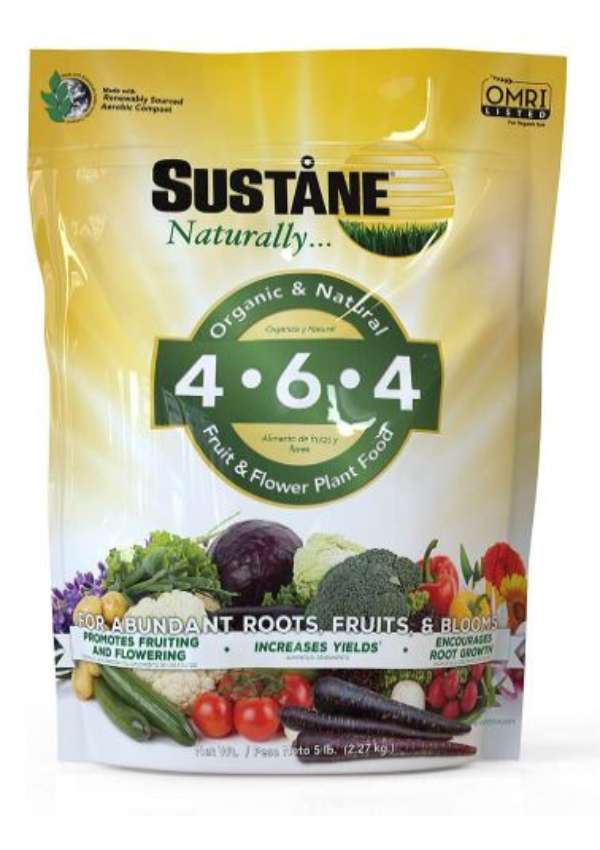
This excellent fertilizer is completely natural and ideal for your squash! It encourages blossoming and is made for veggies.
The 4-6-4 nutritional mix encourages fruiting and flowering without being overly aggressive. In addition to strengthening your soil, this fertilizer encourages microbial diversity. Additionally, it supports strong roots—yay!
If you have a curious puppy around, this is an excellent alternative for you as it is non-toxic and safe for pets. The small amount of chicken dung in it is the sole drawback. If that makes you cringe, perhaps this isn’t the product for you!
3. Jobe’s Organics Vegetable&Tomato Fertilizer
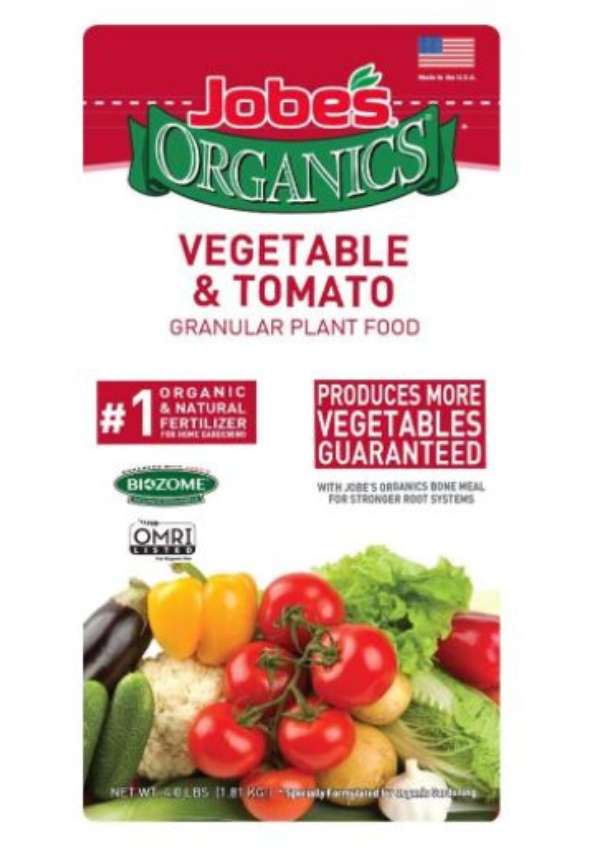
The 2-5-3 nutrient profile of this product, which is only intended for vegetables, is ideal for your squash. You already know that a high phosphorus concentration indicates more fruiting! In order to enhance soil quality and fortify the roots of your plants, it also contains Biozome, a balanced blend of beneficial bacteria.
The only disadvantage is that, despite being organic, it smells fantastic to dogs. Although it is non-toxic, your pet may be in for quite the stomachache if they manage to get their hands on the bag.
4. Miracle-Gro All-Purpose Plant Food
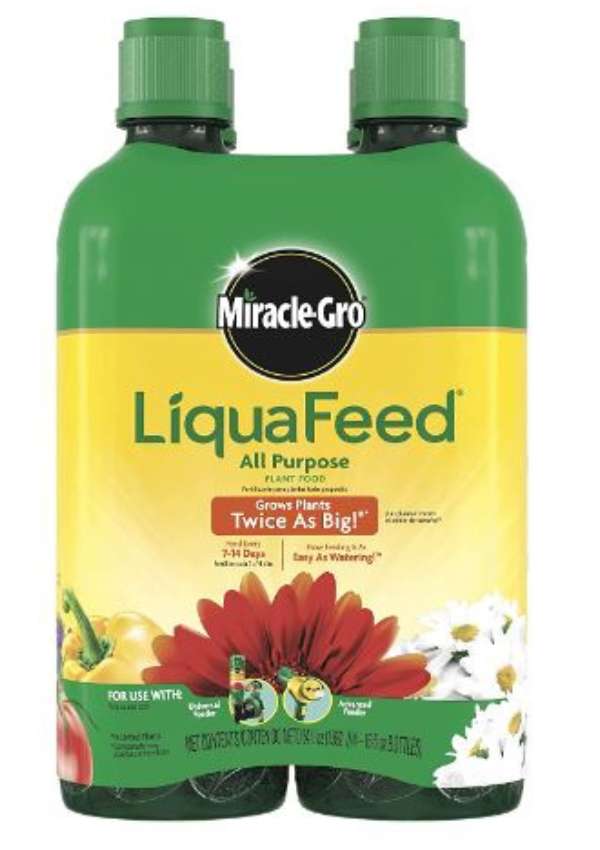
Another fantastic Miracle-Gro product is their water-soluble, all-purpose plant nourishment. Your plants will be immediately fed by this meal, resulting in the quickest and most remarkable results. It contains every nutrient required for the success of your squash crops.
For the best results, this product must be used every one to two weeks, which can make it a bit labor-intensive. This must be done while the plant is growing. However, because it is multipurpose, you may apply it to almost any place in your garden to increase the harvest of blossoms, fruits, and veggies. Additionally, as long as the directions are followed, it is safe to use on plants because it won’t burn them.
Since it’s liquid, you may use it in any watering can or by just connecting a hose to the bottle. Allow the product to permeate completely by soaking the plants’ bases. This is a 24-8-16 product.
5. EcoScraps For Organic Gardening Tomato & Vegetable Plant Food
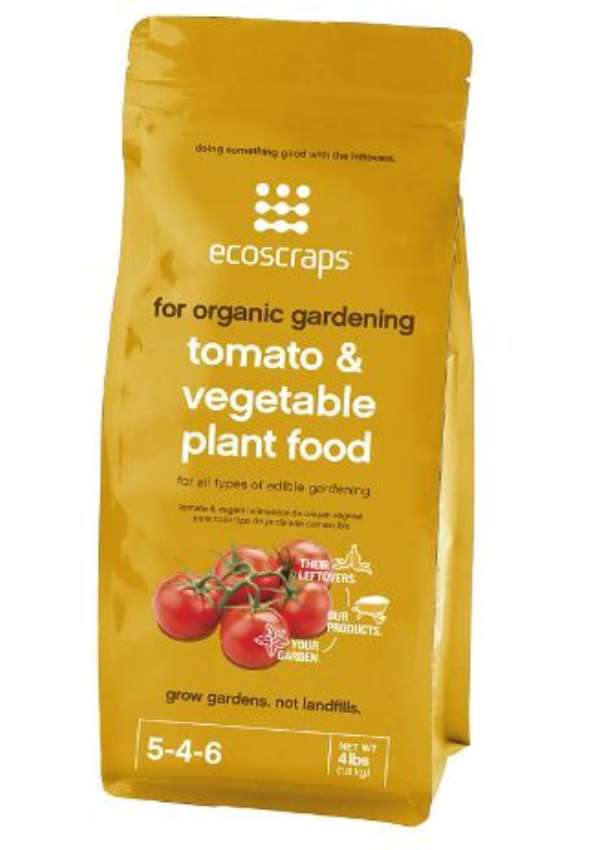
This fantastic recipe was developed by EcoScraps for use in organic gardening. This is beneficial not just to your squash harvests, but also to other veggies including tomatoes. You will undoubtedly be pleasantly surprised by the quality of this product, regardless of the type of edible gardening you are performing. Being an all-in-one particle, it is simple to use. This makes it easy to use.
So that your crops receive a consistent feeding, you can also be confident that every particle carries the full guaranteed analysis. This item is fantastic and sustainable because it is made using leftovers from all stages of the food life cycle. This product works well with potted plants, newly planted trees and shrubs, and mature trees and shrubs.
Because it is organic, you may be confident that no one in your home will be harmed if they come into contact with it. One popular comment about this product is that dogs adore its fragrance of it, so keep an eye out if you have any canine furry friends!
6. Burpee Organic Bone Meal Fertilizer
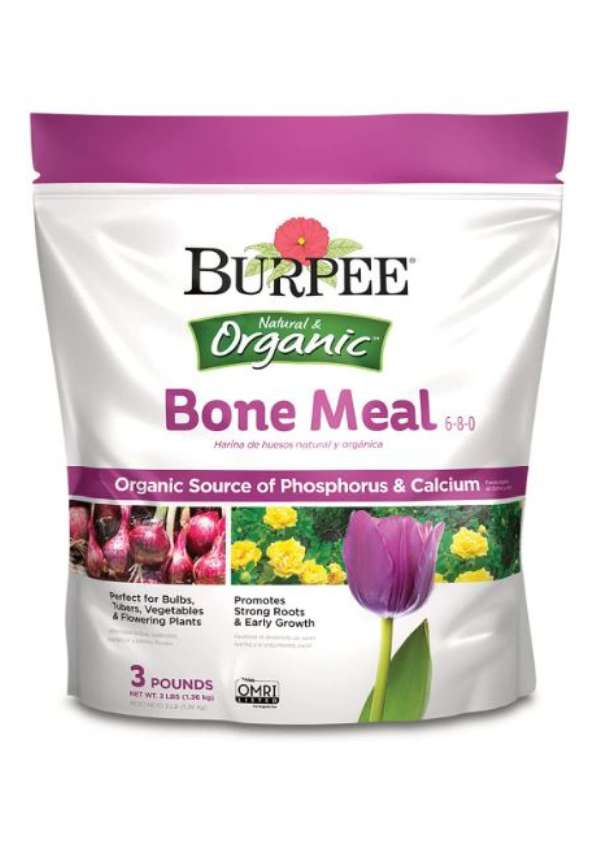
This fertilizer’s high phosphorus level results in larger, better-tasting squash, and it’s high enough in nitrogen to guarantee green growth without putting it ahead of ripening. 6-8-0 is the NPK ratio.
Additionally, it has been demonstrated to strengthen plant roots and encourage early-season development, which will shorten the time between planting and harvesting your squash. It smells like heaven to dogs, which is this product’s main drawback. Even though it is non-toxic, keep that in mind if you have a curious dog nearby because it could give them quite the stomachache.
7. Dr. Earth Organic Tomato, Vegetable & Herb Fertilizer
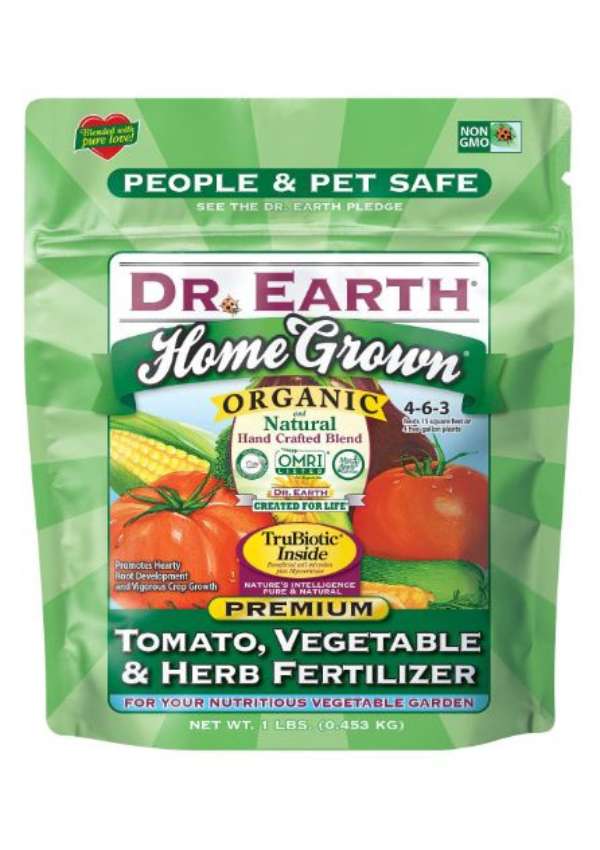
This organic and natural fertilizer from Dr. Earth is ideal for your squash crops. At harvest season, it produces a fantastic, abundant, and nutrient-rich yield and encourages the establishment of strong roots. This product tells us that it contains no GMOs, poultry feces, or sewage sludge. Knowing that your plant is consuming fertilizer derived from pure components is always an advantage!
This product provides high concentrations of primary plant nutrients; it is a 4-6-3 formula. Probiotics are also present, ensuring the fertility and health of the soil. When the crops are ready for harvest, expect plenty! You may use this product worry-free because it’s organic, posing no risk to your family or the environment. It’s very simple to apply because it feeds your plants for numerous months.
We always think it’s good to avoid having to reapply! You can use this item guilt-free and stress-free because it was produced sustainably.
8. Miracle-Gro Organics All Purpose 11-3-8
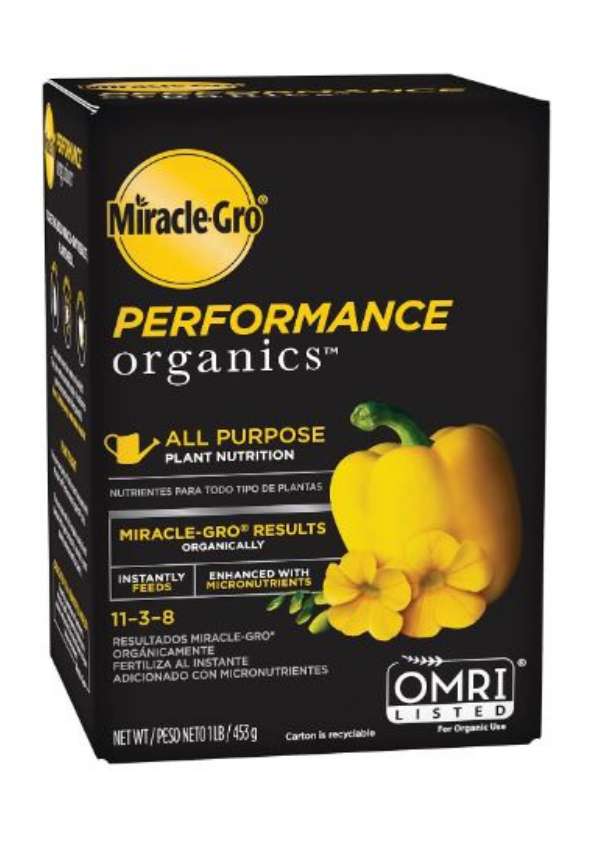
Miracle-Gro has a water-soluble product with its Performance Organics range if you want a quick-release liquid option. This fertilizer, which has an 11-3-8 NPK formula, is for pumpkins and many other fruiting plants, including corn and peppers. It has more nitrogen, but it also contains all the necessary micronutrients to provide the same high-yielding outcomes. The formula simply goes to work and produces results in less time.
9. Espoma Garden-Tone
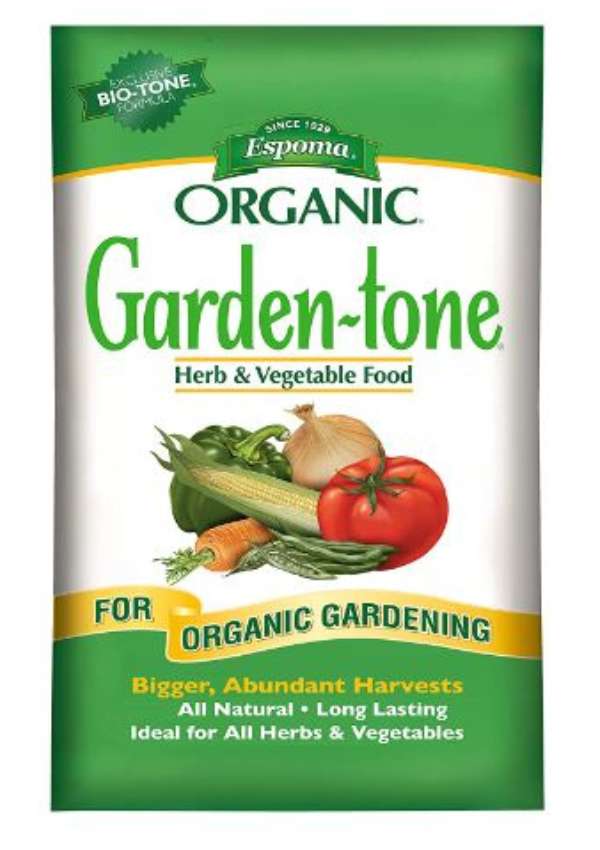
Espoma Garden-Tone, organic fertilizer makes gardening safe, simple, and gratifying. At harvest, you can expect a higher yield. It is suitable for growing and harvesting in both the cool and warm seasons.
There are no fillers or sludge in the making of this product; everything is natural and organic. There is a significant amount of time between applications because the feeding is long-lasting and slow-releasing. This product can be mixed into the soil before planting or 7-10 days after seedlings and transplants have been planted.
According to the instructions, you should apply from May through August to established crops, feeding them once a month. This formula promotes consistent and stable development, and you will undoubtedly notice a change after using it for a while. If you’re searching for a fertilizer that is safe, convenient, and affordable in addition to being effective, this is a perfect choice.
10. Osmocote Flower & Vegetable Plant Food
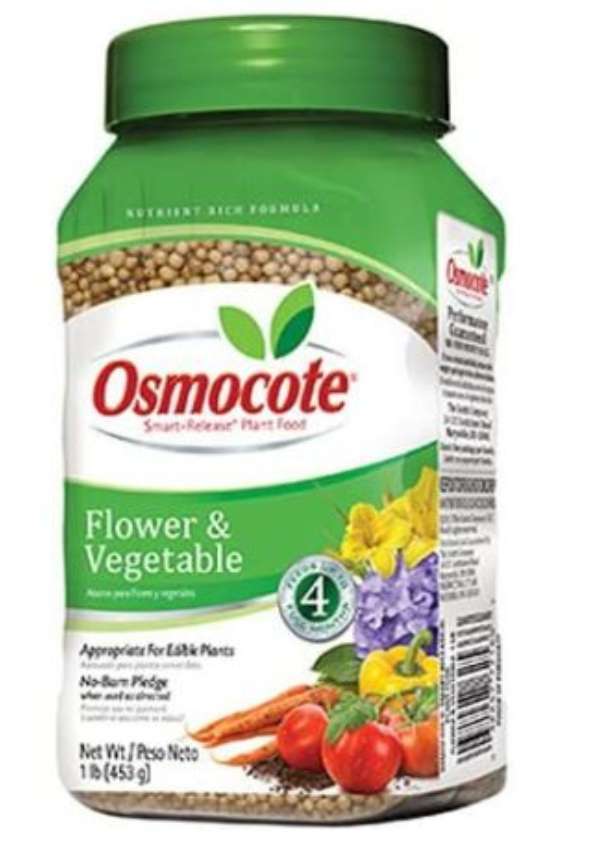
Osmocote Flower & Vegetable Plant Food is an excellent all-purpose fertilizer that will benefit not only your squash crops but also any flowering plants you may have. This mixture promotes vigorous top growth and robust roots. There is a considerable interval between reapplications because it can feed for up to 4 complete months.
If you don’t want to work in your garden all the time, this is a good option. With an NPK of 14-14-14, this product is guaranteed to produce a large number of delicious veggies that you will undoubtedly appreciate. One distinctive feature of this fertilizer is the resin coating that surrounds the individual grains. Your perennials will receive an early nutritional boost from them even in rather cool soil temperatures, which will help them start the year off right.
As the temperature fluctuates, the nutrients are released. To use, just scatter the granules over the soil, mix thoroughly, water frequently, and repeat the process every four months. This is a straightforward method that even inexperienced gardeners can perform, which is one of the things we like about this product.
- 15 Ingenious Kitchen Garden Ideas to Cultivate Freshness Right at Home - April 7, 2024
- 10 Top Picks Best Plants for Open Terrarium - April 2, 2024
- 21 Easy and Cheap Walkway Ideas for a Charming Garden - March 31, 2024

